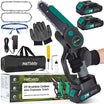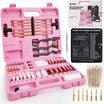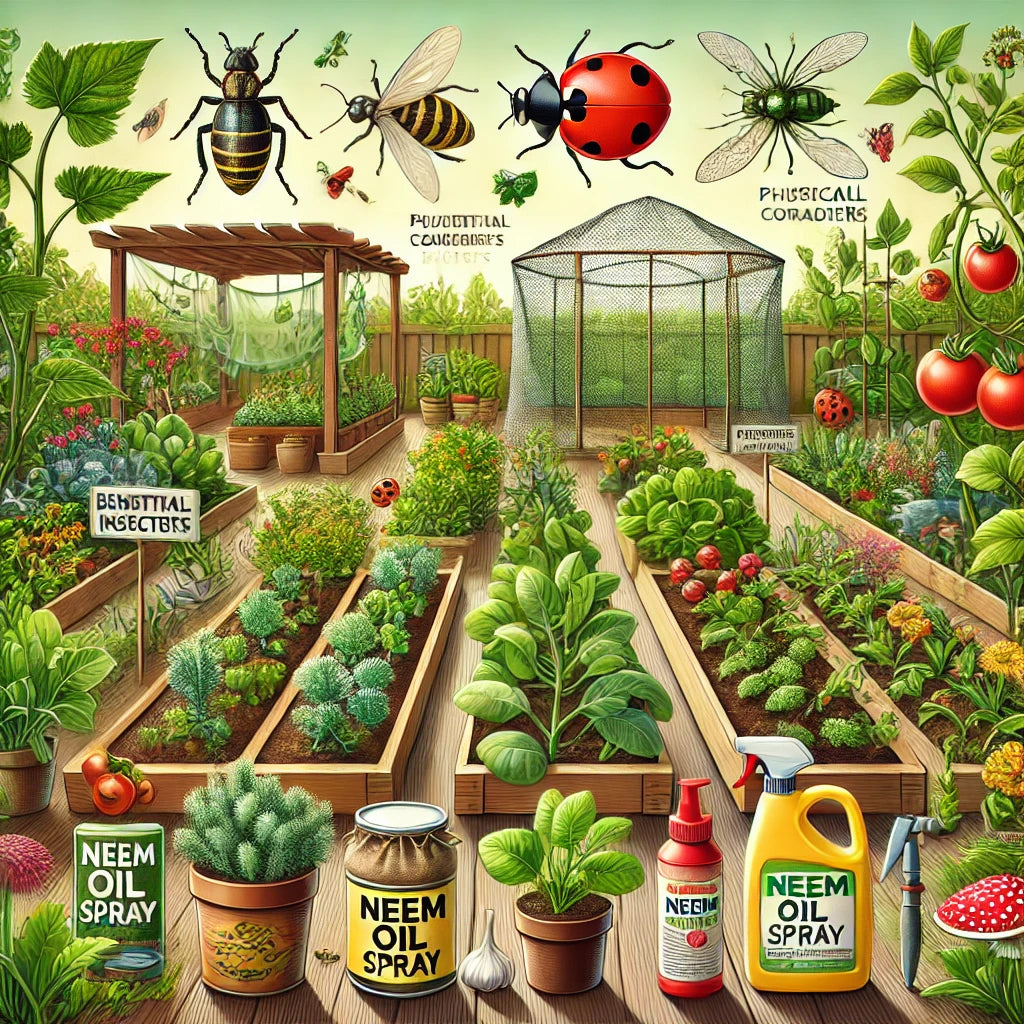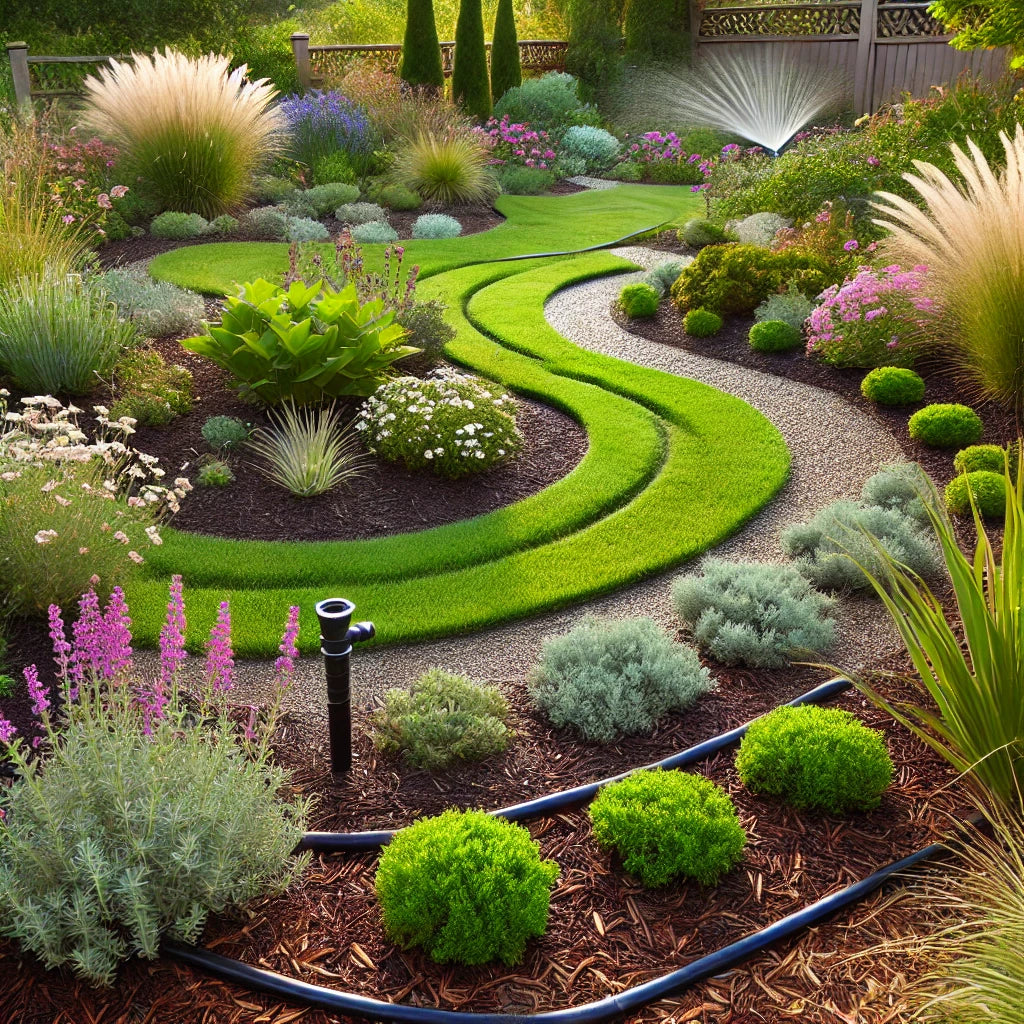Maintaining a healthy garden often involves dealing with pests that can damage plants and reduce yields. Using organic pest control methods is an environmentally friendly way to keep your garden free of harmful insects and diseases. Here are some effective organic pest control strategies to help you maintain a healthy garden.
Understanding Your Garden's Ecosystem
A well-balanced garden ecosystem can naturally control pest populations. Encourage beneficial insects and other wildlife that prey on garden pests.
- Beneficial Insects: Introduce or attract beneficial insects like ladybugs, lacewings, and predatory beetles that feed on harmful pests.
- Birds and Bats: Provide habitats for birds and bats, which can help control insect populations.
Cultural Practices
Implementing proper gardening practices can prevent pest problems before they start.
- Crop Rotation: Rotate crops annually to prevent pests from becoming established in the soil.
- Companion Planting: Plant certain species together to repel pests. For example, marigolds can deter nematodes, and basil can repel aphids.
- Sanitation: Keep the garden clean by removing dead plants and debris that can harbor pests.
Physical Barriers
Physical barriers can prevent pests from reaching your plants.
- Row Covers: Use row covers to protect plants from insects while allowing sunlight and moisture to penetrate.
- Mulching: Apply mulch around plants to create a barrier against soil-borne pests and to retain moisture.
- Traps: Set traps to capture pests. For example, yellow sticky traps can catch flying insects like whiteflies.
Biological Control
Biological control involves using natural predators or pathogens to manage pest populations.
- Predatory Insects: Release predatory insects such as nematodes and predatory mites that target specific pests.
- Beneficial Microorganisms: Use beneficial bacteria and fungi that attack pests without harming plants. For example, Bacillus thuringiensis (Bt) can control caterpillars and other larvae.
Organic Pesticides
When pests become a significant problem, organic pesticides can provide effective control without harming the environment.
- Neem Oil: Neem oil is effective against a wide range of pests, including aphids, mites, and whiteflies.
- Insecticidal Soaps: Insecticidal soaps can kill soft-bodied insects like aphids and mealybugs by disrupting their cell membranes.
- Diatomaceous Earth: This natural powder can be sprinkled around plants to deter crawling insects. It works by dehydrating and killing pests.
Homemade Remedies
Simple homemade remedies can be surprisingly effective in controlling garden pests.
- Garlic Spray: Make a garlic spray by blending garlic cloves with water and a small amount of soap. This can repel a variety of insects.
- Chili Pepper Spray: Blend chili peppers with water to create a spray that deters insects with its strong odor and taste.
- Beer Traps: Use beer traps to attract and drown slugs and snails.
Monitoring and Maintenance
Regular monitoring and maintenance are crucial for effective pest control.
- Regular Inspections: Check your garden regularly for signs of pest activity. Early detection can prevent infestations from becoming severe.
- Healthy Plants: Keep plants healthy through proper watering, fertilization, and pruning. Healthy plants are more resistant to pests.
- Record Keeping: Keep records of pest problems and control methods to identify patterns and improve future pest management strategies.























Leave a comment
All comments are moderated before being published.
This site is protected by hCaptcha and the hCaptcha Privacy Policy and Terms of Service apply.